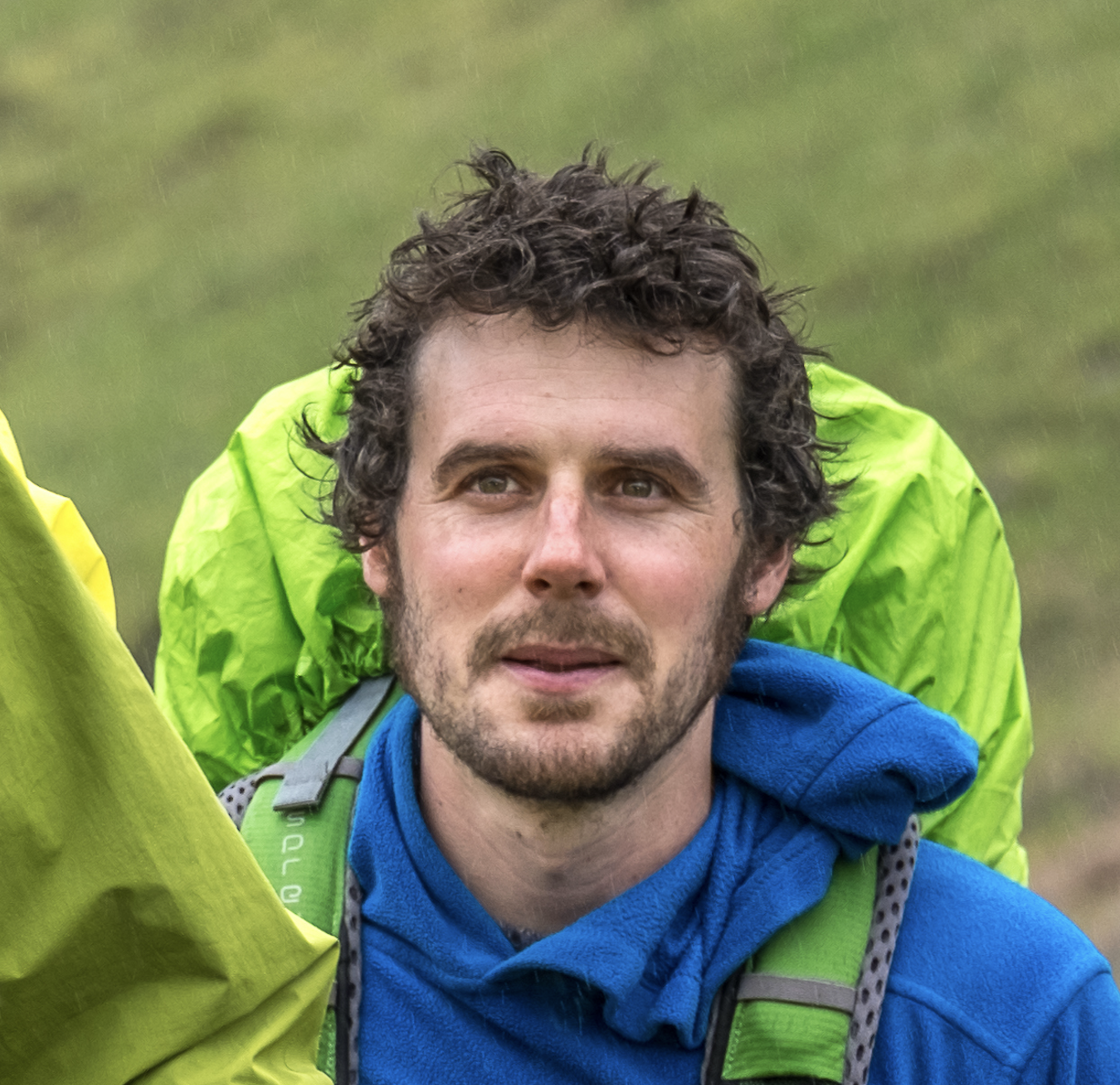Lake Ossa is one of Cameroon’s largest lakes. It's a designated wildlife reserve and home to the secretive African manatee.
Much like the other two species of manatee – the Amazonian and West Indian – the African manatee faces threats from poaching and entanglement in fishing nets. Pollution from human activities is also a significant threat, with agricultural activities and the construction of dams contributing to nutrient enrichment in places.
Lake Ossa has been hit particularly badly, and an invasive weed called giant salvinia has spread rapidly across the wetland area.
The weed forms a thick carpet on top of the water's surface, which prevents manatees from coming up to breathe.
Recognising the issue, Aristide Kamla, Founder and CEO of the African Marine Mammal Conservation Organization, knew he had to act. Together with his team, Kamla introduced a natural predator to Lake Ossa, the salvinia weevil. Remarkably, since its introduction, the weevil has reduced the invasive weed by more than 70 percent.
Kamla is now working to identify the source of the nutrient pollution that fuelled the outbreak, which covered half the lake’s surface in 2021.
Kamla's pioneering work to save African manatee habitat from the invasive species has been recognised by the Whitley Fund for Nature (WFN), who have presented Kamla with a 2024 Whitley Award – an honour that recognises and celebrates grassroots conservation leaders.
Saving the African manatee






Kamla worked closely with the local fishers in the first study of manatees in Lake Ossa, a biodiversity hotspot which supports about 17,000 people, including more than 300 fishers.
With his Whitley Award funding, Kamla plans to continue to reduce Salvinia coverage in Lake Ossa; identify the main sources of nutrient enrichment in the lake through water quality monitoring campaigns.
His team will deploy an acoustic sensor system to detect and deter artisanal logging activities on the islands of the lake and the forest bordering it, as well as support local fishers to develop fish farming to reduce their impact on the lake and enable recovery of this freshwater ecosystem.
Find out more about Aristide Kamla and the 2024 Whitley Awards.
More stories about the environment:
- Mission manatee: how a spring clean in the Gulf of Mexico is creating an oasis for Florida's sea cows
- Arresting images documenting the resistance against Germany’s open-pit coal mines
- Europe is dismantling its dams at a record-breaking rate – and it's saving rivers
- Poland pauses logging in 10 ancient forests
- Huge “first-of-its-kind” rewilding project to bring back lost species in South Africa
